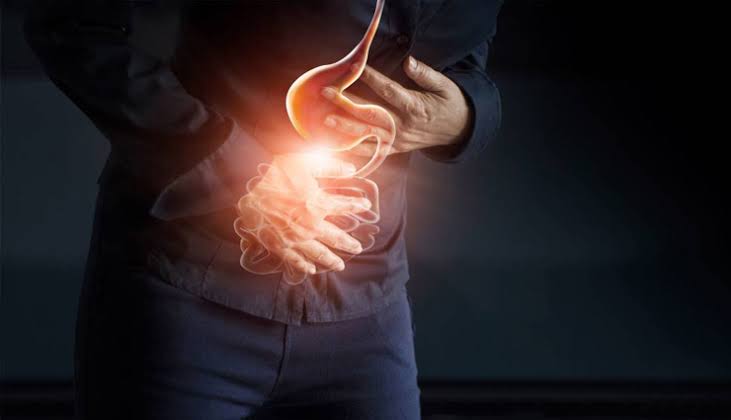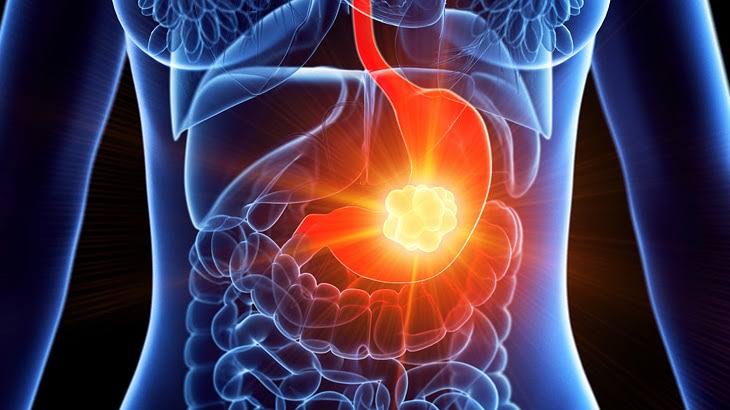How to cure acidity permanently
There’s no point in starting a diet and then going through with it without thinking about how your meal is being prepared. The only way to guarantee a good food choice is by carefully planning our meals so they are the best options for us. Most people don’t consider the effects of the ingredients used in their meal until they have taken the first bite, which makes some issues such as acidic meals even worse. Staying hydrated and eating at least five portions of fruits and vegetables per day is a great way to ensure that you stay healthy and avoid dehydration.
To prevent acidity, we need to eat less processed foods, especially fruit, vegetables, grains, eggs, fish, dairy products, and sweetened drinks. We should limit sugar intake because overindulging in this form of junk can cause obesity. You can also try introducing water or unsweetened tea to your diet.
What are the symptoms of acidity?
Acidity occurs when acids and alkalis build up inside the body and create an acidic environment. This condition occurs when there is a buildup of acids. Abdominal pain and bloating happen due to the excessive irritation of the lining of the GI tract. Other signs include nausea and diarrhea. In extreme cases, the body produces muscle acids to fight the effect of acidity in the gut. Many individuals experience irritable bowel syndrome (IBS), which is a very severe intestinal disorder that causes flatulence and severe abdominal pain. Additionally, IBS symptoms lead many patients to withdraw from other activities within four weeks of their diagnosis.
How common is acidity?
Acidity is found in all age groups although the majority (80%) is found in older adults. According to the Centers for Disease Control and Prevention, one out of 100,000 children in America suffers from diarrheal disease every year. Adults with high levels of acidity tend to have chronic acidity or gastric reflux disease (GERD). While GERD is rare it is important to know that anyone who is diagnosed with this disease needs a follow-up visit with a gastroenterologist.
Why does acidity occur?
Acidity is caused by several factors. For instance, acidity may occur because there is a problem with digestion. It is also more likely to occur if a person has a low-quality diet, has an alcohol problem, a weak liver, or if someone has a previous episode of heartburn. Certain medications such as antacids, antidepressants, antipsychotics, antibiotics, steroids, asthma drugs, antidiarrhals, amphetamines, anticonvulsants, and opioids can produce acidity. Some people also become acidities due to certain autoimmune conditions.
Other things that can contribute to acidity are smoking and drinking. Smoking increases bad gas that travels to the lungs causing acidity. A high amount of alcohol can cause acidity; however, those who drink excessively may not get enough for two to three days. If a person eats too much sodium or caffeine they could be acidities since they are dehydrated.
What can I do to prevent acidity?
There are numerous ways to protect against acidity. First, it is very important to remember that most medical doctors advise everyone to avoid acidity to prevent complications. All these factors make acidity a serious health concern that requires treatment in a specialist facility. Fortunately, there are various approaches to help prevent acidity. So that you can take control, follow the right steps, and prevent it, keep reading on.
Start your day off fresh with fresh and nutritious breakfast. Make sure your plate is well washed and empty before serving meals. Wash vegetables thoroughly before cooking. Choose whole and natural ingredients on your daily menu. Use spices sparingly and do not add salt unless needed. Sipping a cup of coffee can help to stave off acidity. Avoid artificial colorings, flavors, perfumes, and dyes. Expose kitchen appliances to dishwashing in cool water. Don’t let food sit in the refrigerator too long or it will burn. Reduce consumption of unhealthy fats. Eliminate trans fats from your diet. Check for gluten and sugary products. Follow all recommended dietary guidelines and choose healthy fats, complex carbohydrates, protein, fats-free or nonfat dairy, and oils. Be mindful of your lifestyle. Eat regularly and exercise regularly. Keep yourself away from fast foods and junk foods that contain added sugar, chemicals, and synthetic preservatives. Stay hydrated. Have frequent doctor visits and monitor acidity.


Post a Comment